Introduction
Smart glass, also known as switchable glass or electrochromic glass, is a remarkable technological innovation that offers numerous benefits in various industries. This revolutionary material can change its properties, such as transparency or opacity, in response to external factors, making it a versatile solution for a wide range of applications.
In this blog, we will explore the advantages of smart glass and delve into its applications, cost considerations, and more.
What is Smart Glass?
Smart glass is a high-tech material that utilises advanced technologies to alter its appearance or properties on demand. By applying an electric current, the glass can switch between transparent and opaque states, providing control over privacy, light transmission, and heat insulation. This cutting-edge technology has gained significant popularity due to its ability to enhance energy efficiency, privacy, noise reduction, security, and aesthetic appeal.
Advantages of Smart Glass
Energy Efficiency
One of the primary benefits of smart glass is its contribution to energy efficiency. By dynamically adjusting its transparency, it can effectively reduce heat gain in buildings, thereby decreasing the reliance on air conditioning systems. Smart glass also allows for optimal daylight utilisation, reducing the need for artificial lighting and further conserving energy.
Privacy Control
Smart glass provides an excellent solution for privacy control in both residential and commercial settings. With a simple switch, it can change from transparent to opaque, instantly blocking the view from outside. This feature is particularly useful in spaces like bathrooms, conference rooms, and offices where privacy is paramount.
Noise Reduction
In addition to its energy-saving qualities, smart glass possesses sound insulation properties, making it an ideal choice for environments where noise reduction is desired. The glass can help create peaceful and quiet spaces by minimising external sounds, such as traffic noise or construction disturbances.
Enhanced Security
Smart glass offers enhanced security features, making it a valuable asset in buildings and sensitive areas. Its impact-resistant properties make it harder to break, acting as a deterrent against forced entry. Additionally, the glass’s ability to switch from transparent to opaque ensures privacy and restricts unauthorised access.
Aesthetics and Design Flexibility
Smart glass provides unparalleled design flexibility and customisation options. It can be integrated seamlessly into architectural elements, such as windows, partitions, and facades. The glass can be programmed to change its appearance, offering endless possibilities for creating visually striking spaces.
Applications of Smart Glass
Smart glass finds applications across various sectors, including residential, commercial, healthcare, and transportation.
Residential Buildings
In residential buildings, smart glass can be used in windows, allowing homeowners to control the amount of natural light entering their living spaces. It provides the ability to create a bright, open environment or enhance privacy as desired. Glass partitions made from smart glass offer a sleek and modern alternative to traditional walls, enabling flexible space utilisation.
Commercial Buildings
In commercial buildings, smart glass is widely utilised in conference rooms to facilitate privacy during meetings. By switching the glass to an opaque state, confidentiality can be ensured, preventing distractions and enhancing productivity. Smart glass is also employed in office spaces, offering privacy options for individual workstations and maintaining an open office layout.
Healthcare Facilities
Smart glass plays a crucial role in healthcare facilities by providing privacy in patient rooms. With the ability to instantly switch to opaque, smart glass ensures patient comfort and confidentiality during medical examinations. It also helps regulate daylight exposure, which is beneficial for patients’ recovery and well-being.
Transportation
The application of smart glass extends to the transportation industry, particularly in vehicles. Smart windows in cars can automatically adjust their tint levels to reduce glare and heat, providing a more comfortable and safe journey for passengers. Additionally, smart glass can be used in public transport systems to offer privacy options for passengers.
Cost Considerations
While the initial investment in smart glass may be higher compared to traditional glass, it offers significant long-term savings. The energy efficiency benefits lead to reduced utility bills, and the extended lifespan of smart glass lowers maintenance and replacement costs. Moreover, the increased comfort and improved aesthetics contribute to a higher value for properties where smart glass is installed.
In conclusion, smart glass is a game-changing technology that brings numerous benefits to various industries. Its energy efficiency, privacy control, noise reduction, enhanced security, and design flexibility make it a highly sought-after material. Whether it’s in residential buildings, commercial spaces, healthcare facilities, or transportation, smart glass proves to be a valuable solution. Embracing this innovative technology can lead to greater comfort, sustainability, and aesthetic appeal in the built environment.
Who We Are
Tecdur is the leading manufacturer of smart glass for the UK and Ireland. Tecdur Switchable Glass provides the best clarity, lowest power consumption and lowest haze currently available. We can offer a wide range of specifications to meet project requirements with our switchable glass, cost is dependent on specification, application and design. Please get in contact with us to discuss further.
Please visit our portfolio for a look at completed projects. Keep up to date on our LinkedIn Showcase page

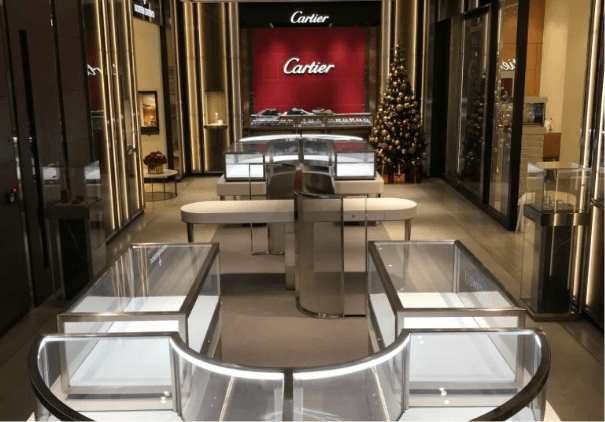
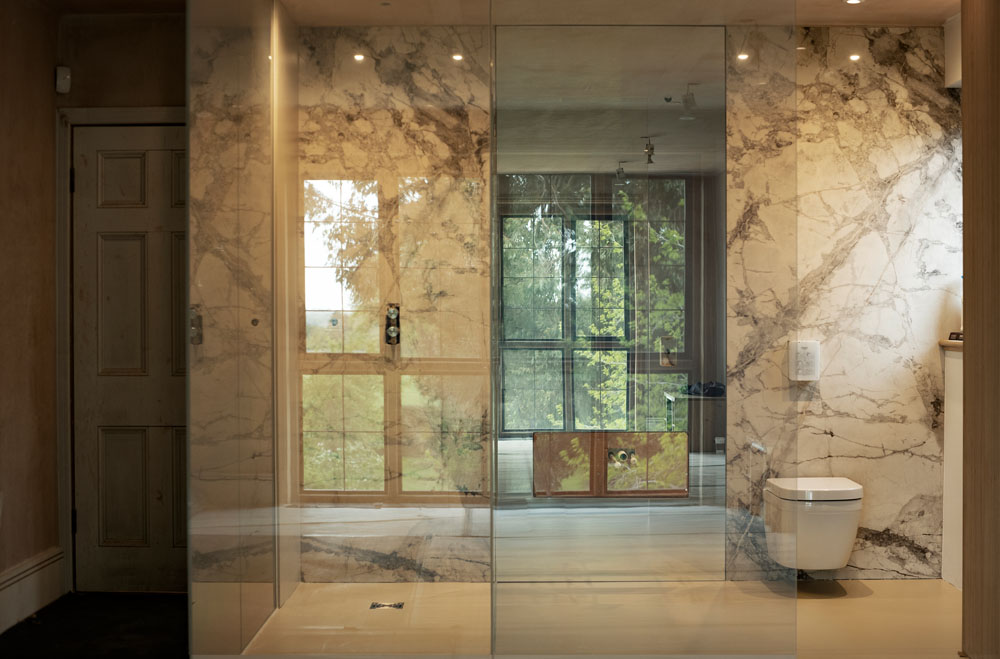
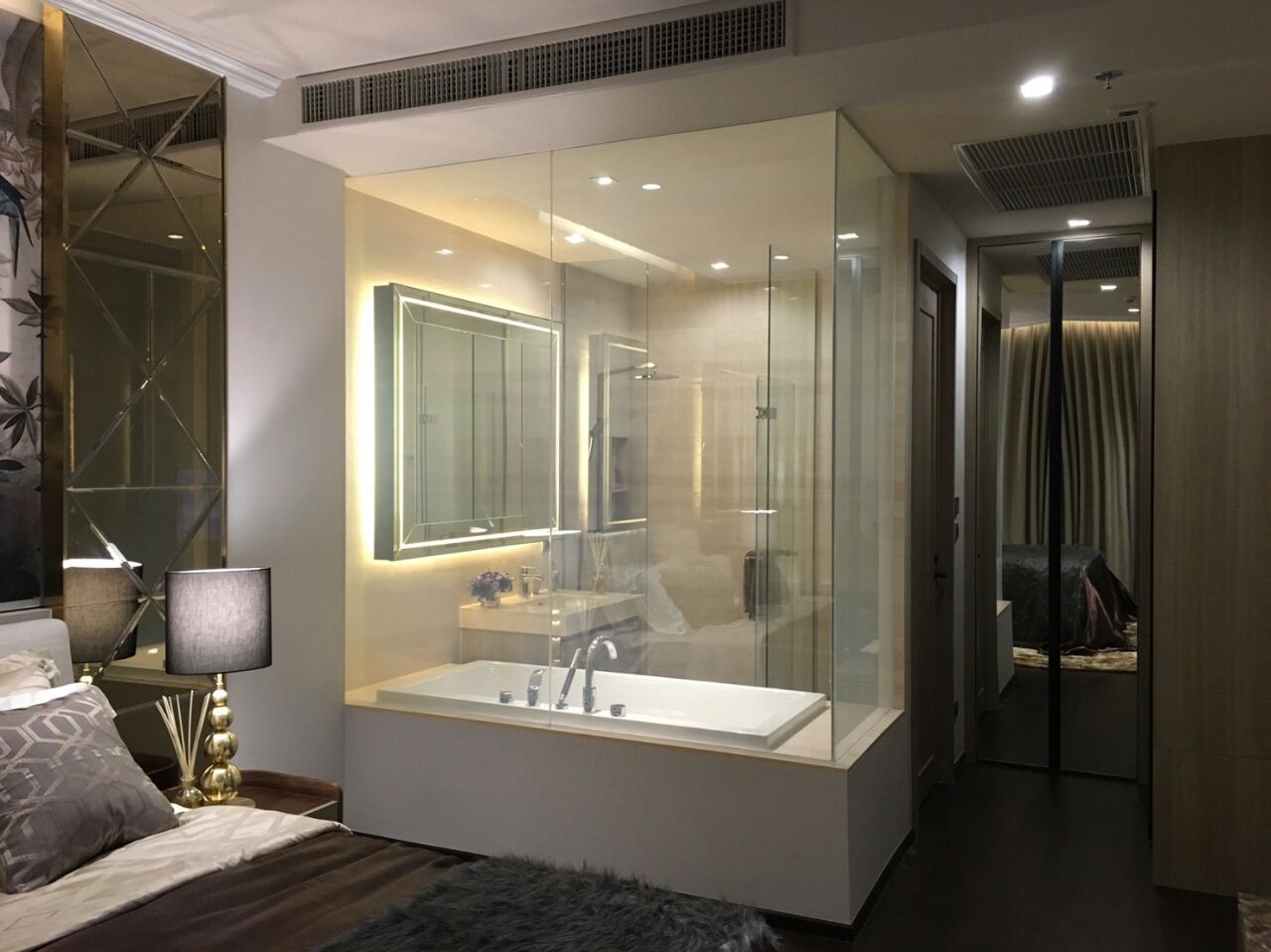
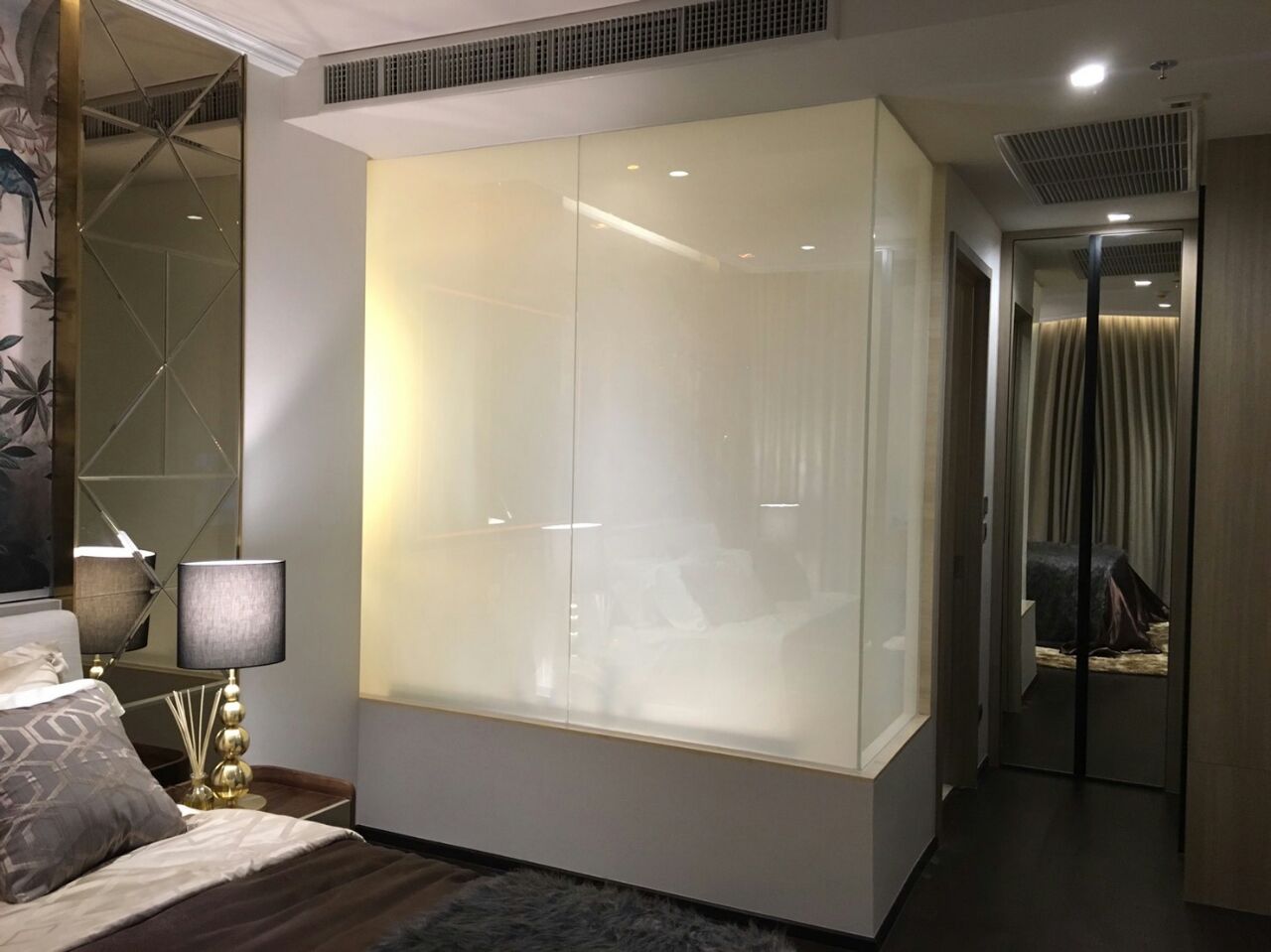
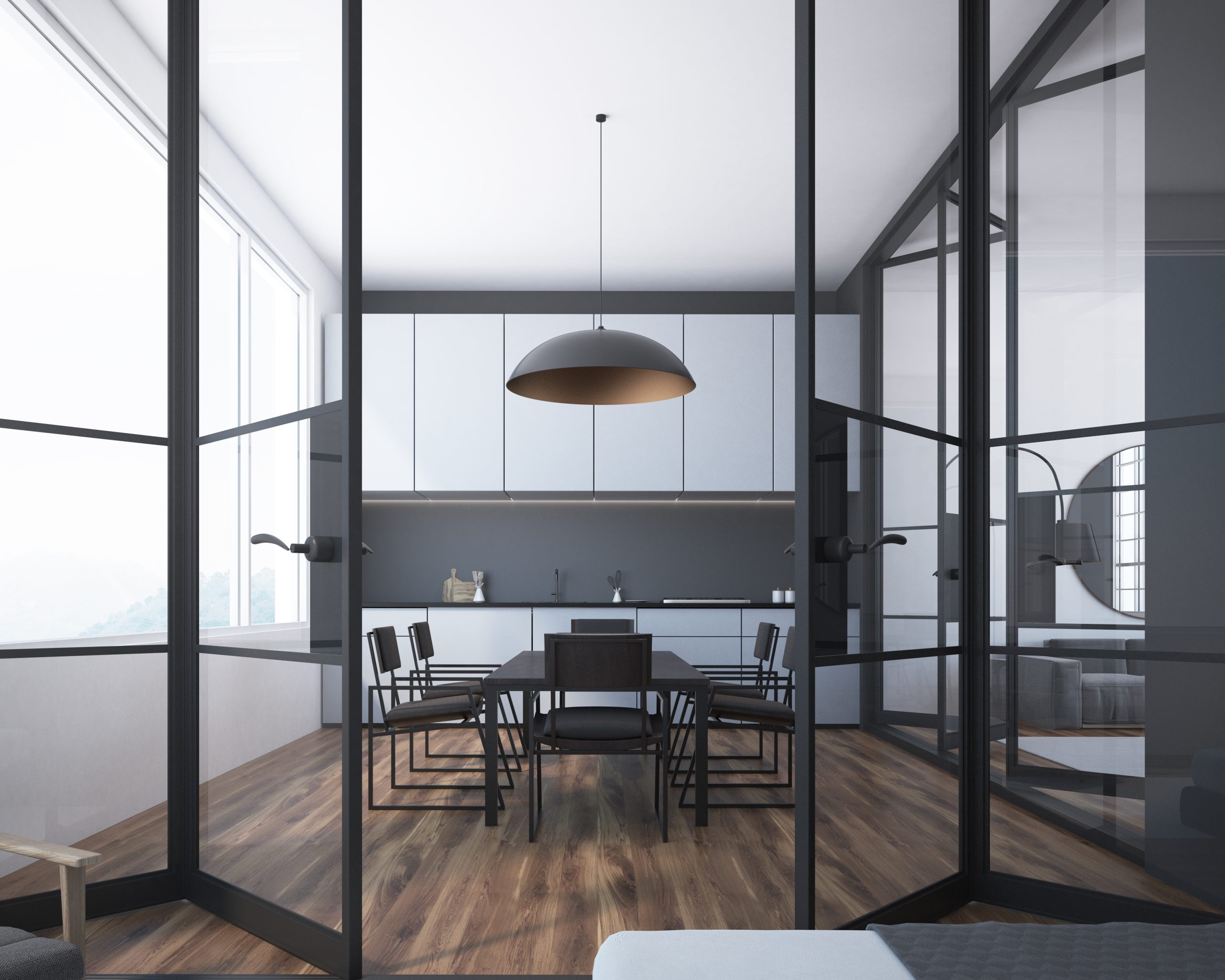
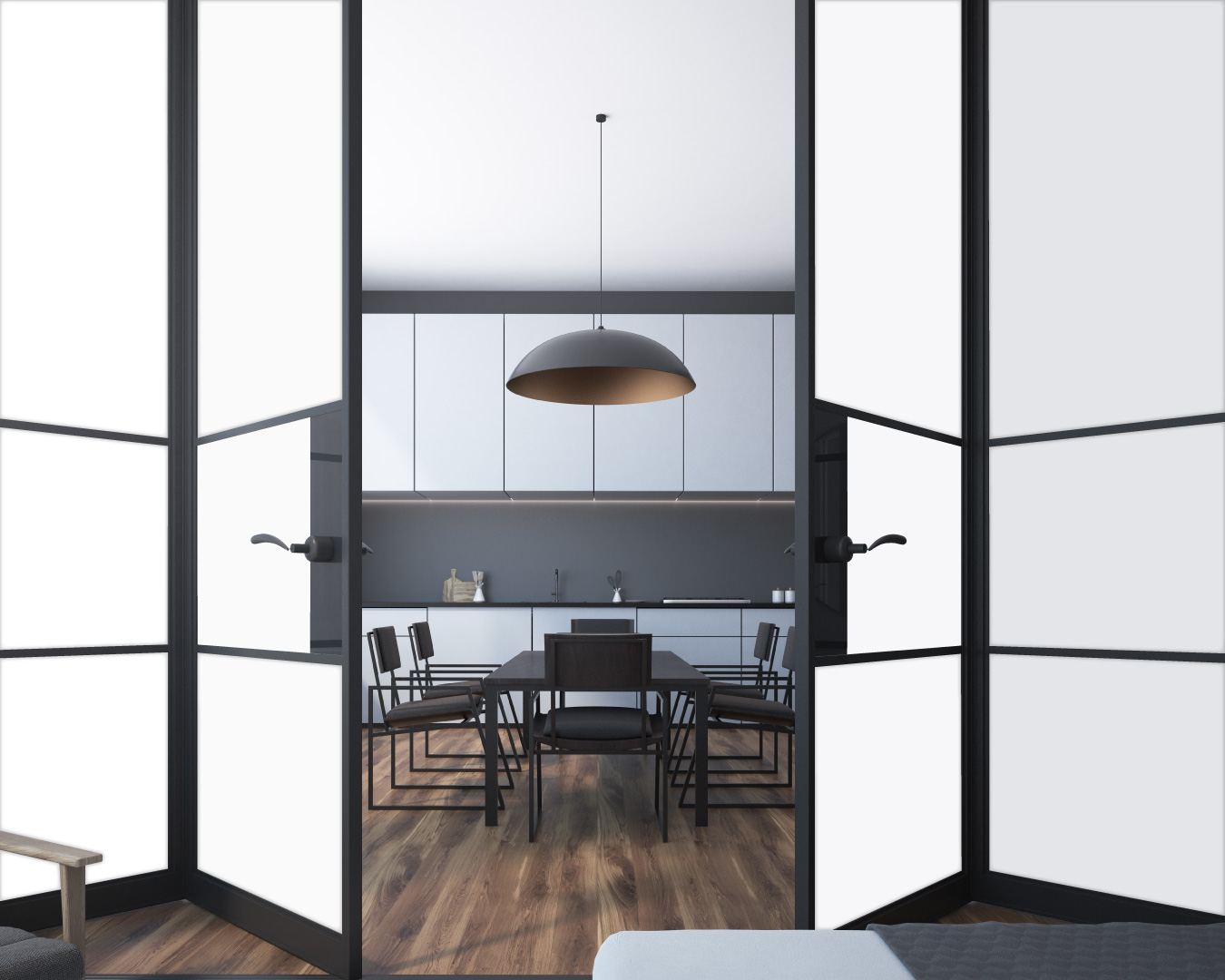
Frequently asked Questions
Our privacy glass works by utilising advanced PDLC (Polymer Dispersed Liquid Crystal) film. When an electrical current is applied, the liquid crystal molecules align, allowing light to pass through, making the glass transparent. When the current is switched off, the molecules mis-align, causing the glass to turn opaque or translucent, providing privacy.
Yes, smart glass can be retrofitted into existing windows, providing an upgrade to conventional glass without the need for extensive structural modifications.
Yes, smart glass is suitable for various climates. Its ability to regulate heat gain and control daylight transmission makes it adaptable to different weather conditions.
The lifespan of smart glass can vary depending on the manufacturer and usage, but on average, it can last for more than 10 years with proper maintenance.
While smart glass offers numerous benefits, it is important to consider potential drawbacks such as the initial cost, reliance on electricity, and the need for professional installation and maintenance.




